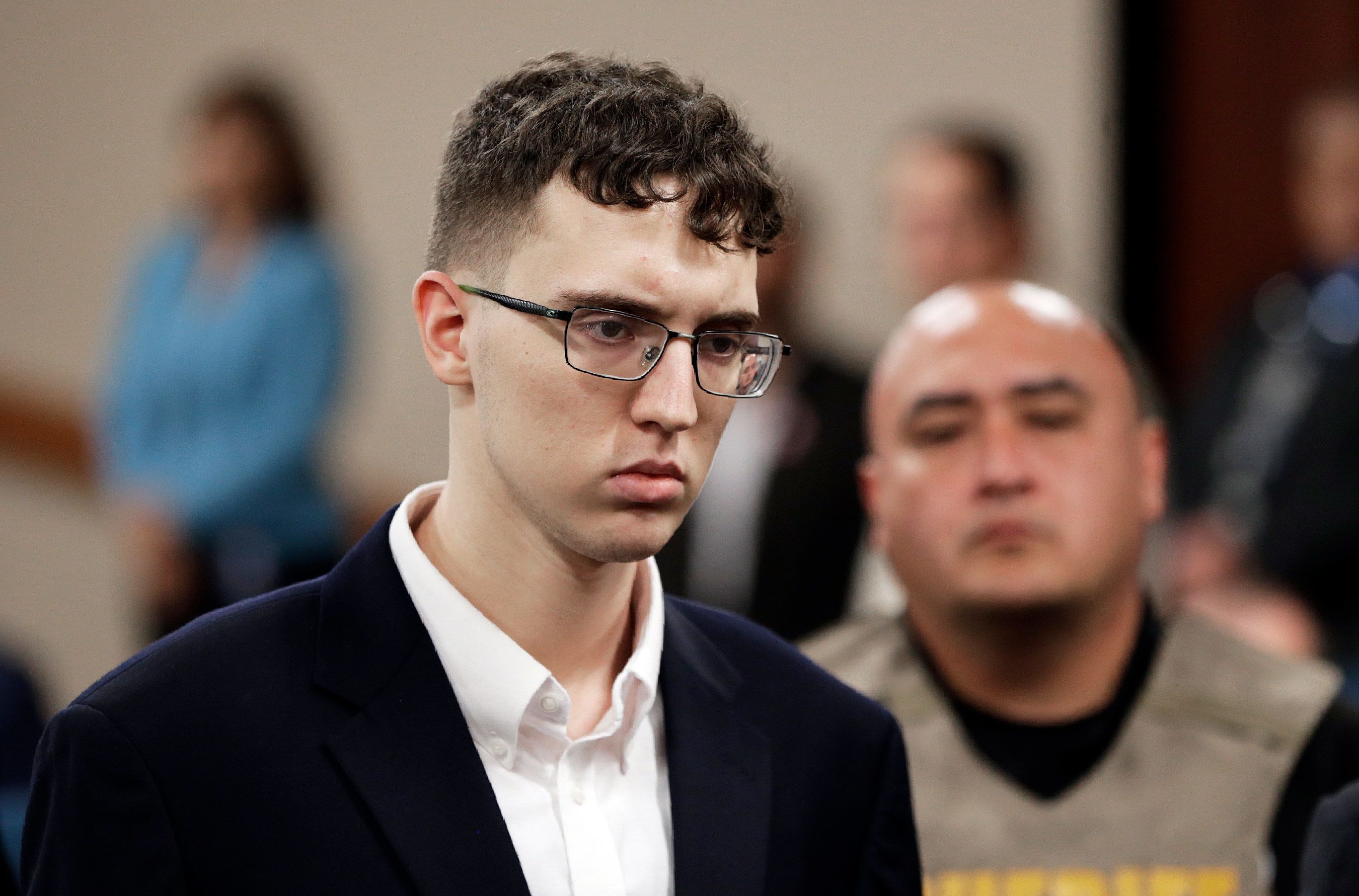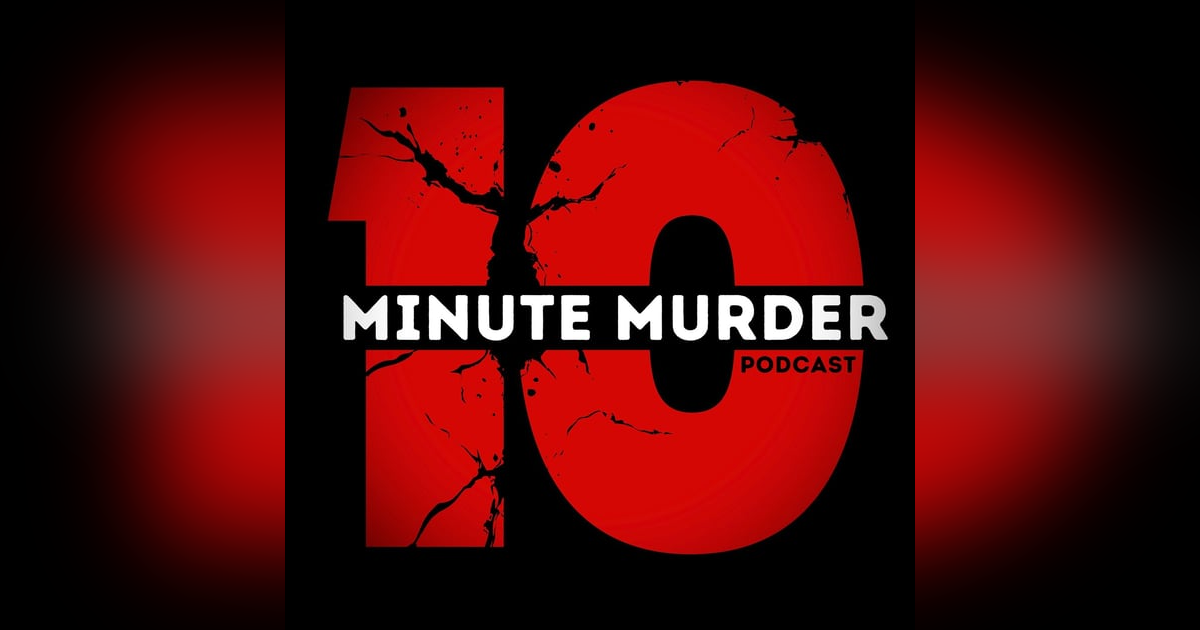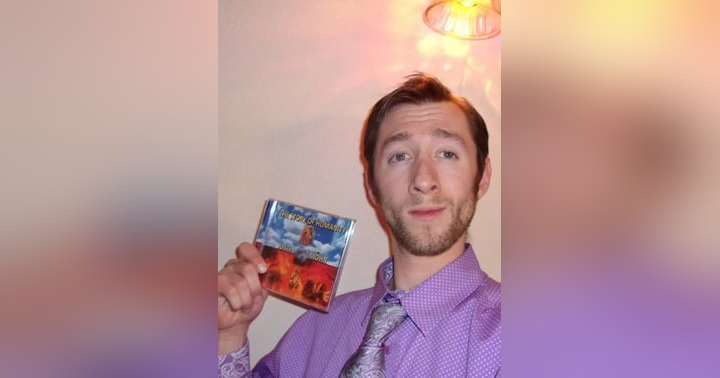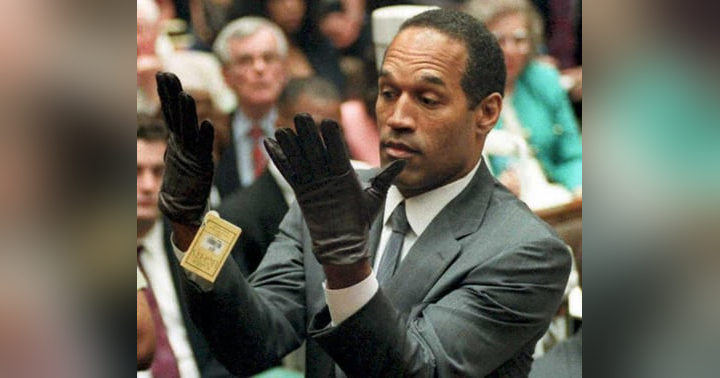The Day El Paso Changed Forever: Inside the 2019 Walmart Attack

On a busy Saturday morning in El Paso, shoppers were doing what people do every weekend at Walmart. Getting groceries, browsing the aisles, living their lives. But one person in that store wasn't there to shop. Patrick Crusius had driven all night from 600 miles away, and in eleven minutes, he would change everything. Twenty-three people would die, and a community would have to find a way to heal from unthinkable hate.
When Ordinary Becomes Anything But
On August 3rd, 2019, a twenty-one-year-old man pulled into the parking lot of a Walmart in El Paso, Texas. The store was packed with weekend shoppers, families picking up groceries, people going about their Saturday morning routines. What happened next would become one of the deadliest attacks against Hispanic and Latino people in modern American history.
Patrick Crusius looked like any other customer when he walked through those doors. He wandered the aisles, browsed around, even grabbed an orange and ate it right there in the store. Nobody gave him a second glance. Why would they? He was doing what thousands of people do every day at Walmart locations across the country.
But Patrick wasn't from El Paso. He'd driven over 600 miles from Allen, Texas, through the night to get there. And he had absolutely no intention of actually shopping.
The Great Replacement Theory: A Dangerous Ideology Takes Hold
Before we dive deeper into what happened that day, we need to talk about why Patrick chose El Paso. The answer lies in a conspiracy theory that's been spreading like wildfire across certain corners of the internet.
The Great Replacement Theory was originally written by French author Renaud Camus. The basic idea? Political leaders and big corporations are supposedly working together to replace white people with people of other ethnicities and religions. According to this theory, politicians are doing this to secure votes, while corporations want cheaper labor. The conspiracy claims that white people will eventually become minorities in their own countries before being wiped out entirely.
Now, this theory has been thoroughly debunked by experts, but that hasn't stopped it from gaining traction in right-wing media and online forums. It's moved from Europe to places like the United States, where it's found a disturbing number of believers.
Patrick was one of those believers. And he was convinced that America was being "invaded" by Hispanic people from Mexico. He specifically targeted Hispanics when he opened fire in the Texas border city that was crowded with weekend shoppers from both the US and Mexico.
The Manifesto That Revealed Everything
After Patrick finished his orange and returned to his car, he opened his laptop and started typing. He posted to 8chan, an online forum known for hosting extremist content.
"ITS TIME," he wrote.
Then he uploaded a PDF document explaining exactly what he was about to do and why. In his twisted logic, he believed he was serving his country by doing what others weren't "brave enough" to do themselves.
"Our European comrades," he wrote, "Don't have the gun rights needed to repel the millions of invaders that plague their country. They have no choice but to sit by and watch their countries burn."
He went on to describe his plan: "The Hispanic population is willing to return to their home countries if given the right incentive. An incentive that myself and many other patriotic Americans will provide... terrorist attacks will remove the threat of the Hispanic voting bloc."
By his own admission, Patrick was about to commit an act of terrorism.
Eleven Minutes of Terror
After posting his manifesto, Patrick got out of his car and walked to his trunk. He pulled out a semi-automatic rifle, and as soon as he slammed the trunk shut, he opened fire.
His first victim was a woman pushing her shopping cart in the parking lot. Then he turned his attention to people at a fundraising event right outside the store, killing three more and injuring six others before heading inside.
Store security cameras captured Patrick entering the Cielo Vista Walmart just before 9 a.m. What followed was methodical and calculated. He walked through the store, using the layout knowledge he'd gained during his earlier "browsing" trips to target as many people as possible.
The attack lasted about eleven minutes. When it was over, 23 people were dead and 22 others were injured. The youngest victim was only fifteen years old.
After the shooting inside, Patrick went back to the parking lot, where he shot at a moving car, killing another person and injuring one more. Then he got in his car and drove away.
Here's the thing though - Patrick could have probably made it out of El Paso without getting caught. But he didn't want to disappear. He wanted people to know his name and what he'd done.
The Surrender That Shocked Everyone
Patrick drove straight to a group of police officers and stopped his car. He got out, identified himself, waived his Miranda rights, and turned himself in. No chase, no standoff, no drama. He wanted the world to know exactly who was responsible for the carnage he'd caused.
The attack sent shockwaves across the nation. El Paso itself - selected by a man who lived 600 miles away to be the target of the deadliest act of anti-Hispanic violence in modern history - had to begin the long process of healing.
But what made this tragedy even more heartbreaking was how random it all felt. Patrick didn't know these people. He wasn't from El Paso. He'd never even really been there before. He had driven through the night and stopped at a few other locations before settling on that specific Walmart simply because it was open when he was ready to act.
For the victims and their families, that randomness made everything so much worse.
A Community's Response to Hate
In the aftermath of the shooting, something beautiful happened in El Paso. The community came together in ways that would make you believe in humanity again. Vigils were held, tributes were created to honor the victims, and funeral homes offered their services for free.
Even Walmart employees took a stand. They began openly protesting the sale of guns and ammunition at their stores. The company eventually responded by changing some of their policies. While they still sell weapons, they've limited the types of guns and ammunition they stock.
Justice Delayed but Not Denied
Patrick's trial was supposed to happen relatively quickly, but then 2020 hit. The pandemic brought the court system to a grinding halt, delaying his trial until February 2022. Even then, his defense team argued they needed more time to review evidence.
By that point, the victims and their families were exhausted. They'd already survived this horrific event, then they'd lived through the pandemic. Some had lost more loved ones to COVID-19. One key witness was even deported back to Mexico after a minor traffic violation.
Nobody wanted to give Patrick a platform to turn his trial into a spectacle. So the prosecution agreed not to seek the death penalty in the federal case. Patrick pleaded guilty to 90 federal hate crimes and firearms violations and was sentenced to 90 consecutive life terms.
But he still faced state charges that carried the possibility of the death penalty. That trial finally concluded in April 2025, almost six years after the shooting. The prosecution initially said they would seek the death penalty, but later changed course. Patrick pleaded guilty to all charges and received another life sentence without the possibility of parole.
The Aftermath That Still Echoes
Today, Patrick will almost certainly never be free again. But his actions that day changed El Paso forever. Twenty-three families lost loved ones. Twenty-two others were injured and had to rebuild their lives. An entire community had to grapple with being targeted simply because of who they were and where they lived.
The rhetoric Patrick used - talk of an "invasion" of Hispanic immigrants as part of a "great replacement" - has unfortunately moved from the darkest corners of the internet to mainstream political and media conversation. That makes this story not just a tragedy from 2019, but a warning about the dangerous power of conspiracy theories and hate speech.
The people of El Paso showed incredible strength in the face of unimaginable hate. They proved that love and community can triumph over division and violence. But they shouldn't have had to prove that in the first place.
Patrick Crusius drove 600 miles to commit an act of terror. The people he targeted were grocery shopping, raising money for charity, living their lives. The randomness of his choice makes his crime no less calculated, no less devastating, and no less of a stark reminder of what happens when hatred is allowed to fester and grow.
El Paso deserved better. The twenty-three people who died deserved better. Their families deserved better. And all of us deserve a world where conspiracy theories don't drive people to commit acts of terrorism against innocent people.




